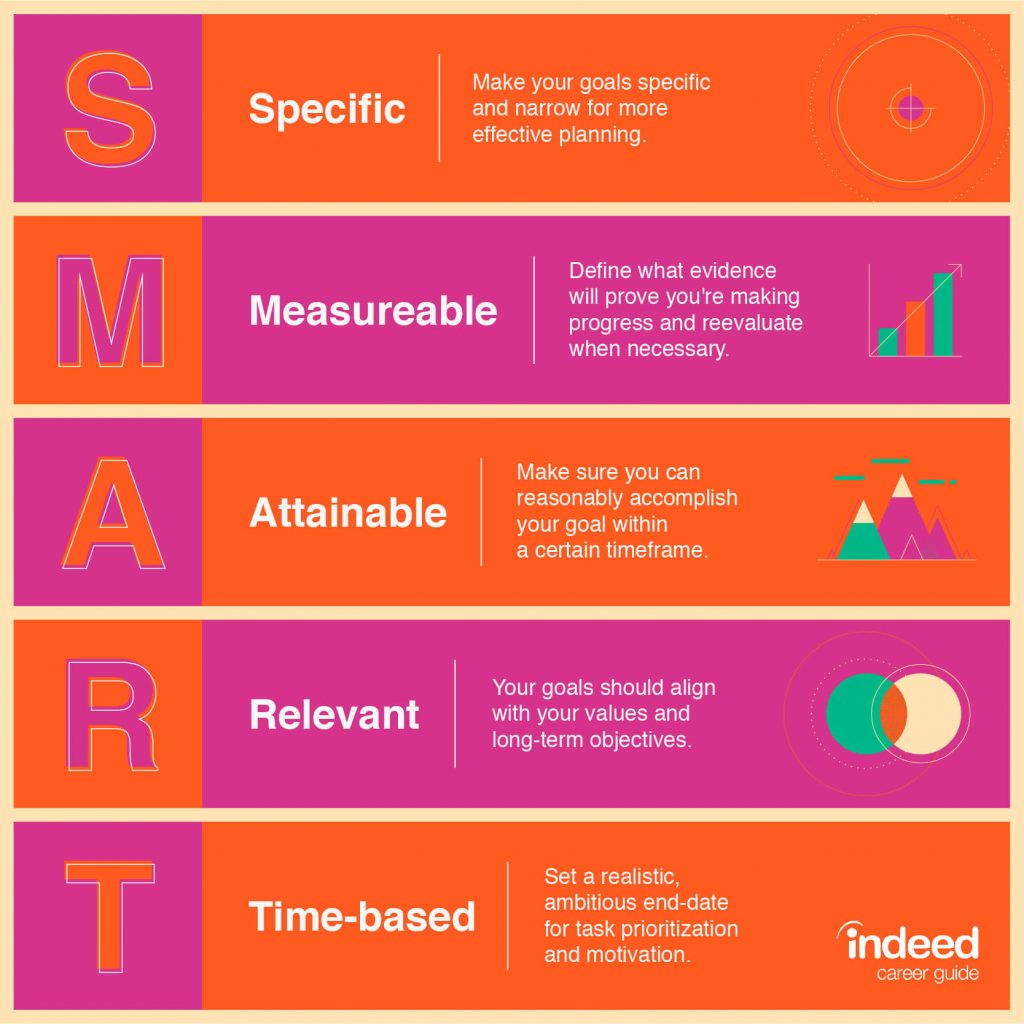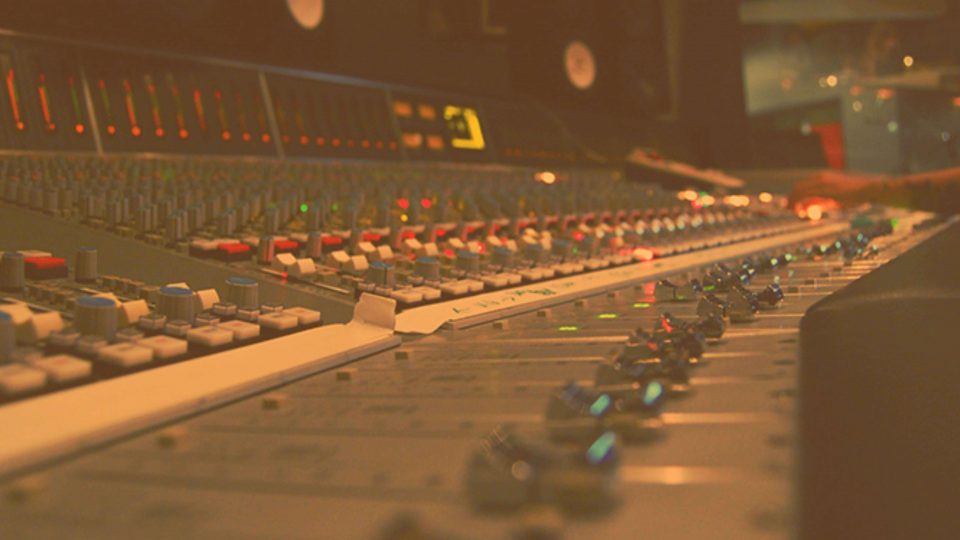Make Music and Work a Full-Time Job With Our Work, Music and Life Balance Guide
Most artists, and some of your favourite artists, have a full-time job. And it’s not their music. Making the time and finding the energy to make music is challenging when… well, when you’re just living. The food won’t put it itself on the table and the bills won’t pay themselves.
The idea of making a living off of music is exciting. But, if we’re being realistic, it’s more of a pipe dream unless you really make it big. Also, while we’re here, there is no “making it”. Music is a constant grind.
We know how heartbreaking a truth this is. But there is always a chance that you could make a living off of your music. The bitter truth is that the industry isn’t set up to economically favour artists, and that’s just how it is… for now, at least.
We know you’d like to get rid of your 9-5 overnight or any day job that consumes your time and prevents you from sitting behind your DAW. We know you’d like to be touring and releasing your music on your favourite labels. There is nothing stopping you from doing these things at all. Not even your job. But until you get there, you need a job to sustain yourself.
So, how do you find the time and energy to work a full-time job and make music every day? It’s a tough task. Especially if you have a labour intensive job or a family to support.
But there is a way forward. If you’re prepared to change your mindset, you could well be on the way to ditching your job sooner than you think.
Your Mind is All You Need to Find Time and Energy for Music
After working an 8 hour day, we like to relax. Some of us go to the gym or go straight to eating dinner. After that, we feel deflated. Like we can’t go on. The bed is calling our name…
We just simply don’t have the energy levels in us to work on our music.
But those of us that suffer from this issue need to rethink how we relax. If your energy levels are what’s stopping you from developing your music, you may well be taking it too seriously. That’s okay. You’re taking it seriously because you want your music to be your full-time job.
But by focusing so hard, you’re having more of a detrimental effect on your career ambitions. So, instead of going home and thinking “I don’t have the energy to work on music tonight”, go home thinking “To unwind, I’m going to have fun and make music.”
If you feel you can’t apply this mindset to your current project, just start something new. Worst case scenario? It joins the other 6000 tracks in your “Working Progress” folder.
The point here is to make music your downtime. Rather than treating it as a career ambition, treat it for what it is – a creative hobby. By doing this, you’re removing a mountain of pressure from your shoulders and you may actually enjoy making music on levels you previously hadn’t!
Minimise the time you spend watching Netflix, browsing Facebook, and limit the time you spend playing video games too. As fun as these things are, they’re actually holding you back if you’re compromising the time you want to spend making music.
Don’t stop doing them entirely (except maybe browsing Facebook) but manage how much time you spend doing them. Prioritise unwinding by making music instead of these unproductive outlets. On the point of productivity, you will feel SO GOOD about yourself when you condition yourself into this mindset. There aren’t a lot of tasks that can simultaneously be a break and productive, so make the most of it.
If you’re going to get anywhere close to your 10,000 hours in the DAW, music production should be something you look forward to doing most of the time.
EDMProd
Stop looking at music production as a chore. We know this is easier said than done. You can treat it like a hobby, but if it’s what you want to do full time then it will still stress you out.
What can we do about this?
Realistic SMART Targets
Yes, we know. SMART targets is a workplace thing. But they’re workplace things because they work.
If you set yourself ambitious goals that take loads of time and are hard to achieve, you’re going to run yourself down and feel even more unmotivated. If you set smaller goals that build up to your bigger ambitions, however, you’re going to give yourself lots more gratification more often.
And nothing motivates us, humans, quite like gratification. Especially self-gratification.
So, it’s important to break down your creation process. It’s equally as important to have processes in place to turn your creative process into somewhat of a production line.
Yes, another workplace thing. But it’s a workplace thing because it works!

Let’s talk about how we can turn these SMART targets into practical help in our music.
“I want to make music and tour the world” is not very specific. What music? When do you want to make it? How are you going to make it? Are you going to finish any music? How are you going to tour the world if you haven’t solidified these foundational elements?
You can prove you’re making music, for sure. But can you reasonably accomplish “making music” in a specific time frame? You can make music within a time frame, but will you finish your track(s) in that time frame? Or will you just keep making new projects over and over without finishing them?
Is the music you’re making, and probably not finishing, relevant to you? Are you just following trends because that’s easy or are you actually expressing yourself?
Okay, that was a whole load of questions. Now let’s discuss how SMART Targets could actually help you.
Here’s a measurable target:
“I want to write and finish a four-track Drum and Bass EP in four months time. Outside of work, I will choose to not watch Netflix, scroll on social media or do anything unproductive before 9 PM each day. After 9, I will allow my mind to unwind from music mode (if that’s possible) by playing a video game or reading a book (my personal choice).”
Notice I have not mentioned anything about releasing the track. I am only focused on making it. After all, if I’ve not made anything – what can I plan to release?
If you finish work at 5 and can be home by 5.30, you can be done with dinner by 6. If you plan your week and cook and freeze 5 meals on the weekend prior… you save yourself a lot of cooking time! On top of this, you have allowed yourself time to do the unproductive hobbies you enjoy too. It’s just about managing your time!
You can see that the target specifics what music I want to make and that I am want to write a small EP. This is more proficient than just “making music” because there’s an end product to work towards.
I have given myself a fairly generous time frame to get the project finished, and my measurable evidence will be four DnB tracks. Four tracks is an attainable goal within four months, right?
All in all, this is a realistic target and therefore a SMART target.
To discover how you can break your goals down further, click here.
Creating routines that’ll allow you to both works and make music is a massive leap forward towards making great music. But it’s only one leg of the stool, and another is using great samples.
The sampling revolution has risen in popularity and shaped music since the early 1970s. Sample culture continues to transform how millions of artists and producers do their thing in DAWs.
You too can break conventional norms, challenge the status quo, and open Pandora’s box of sound design.
Mixxed works with a growing number of sample labels and contributors to provide you with a premium sample subscription service that’s more accessible than any before.
You’ll have access to our growing catalogue of loops, one-shots and sound effects that you can browse, download and keep forever for less than $3 a month.
Sign up today to find your sound!
